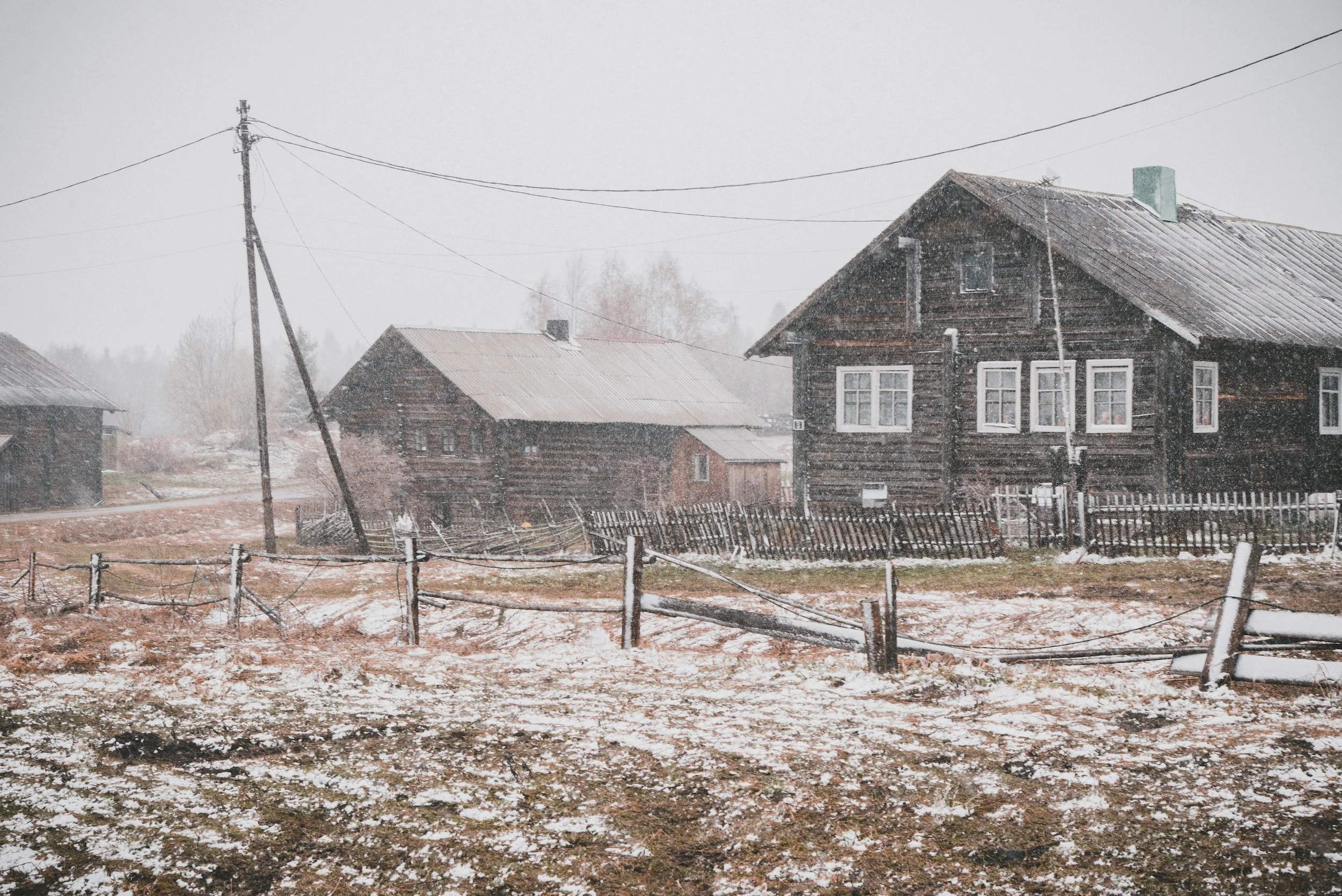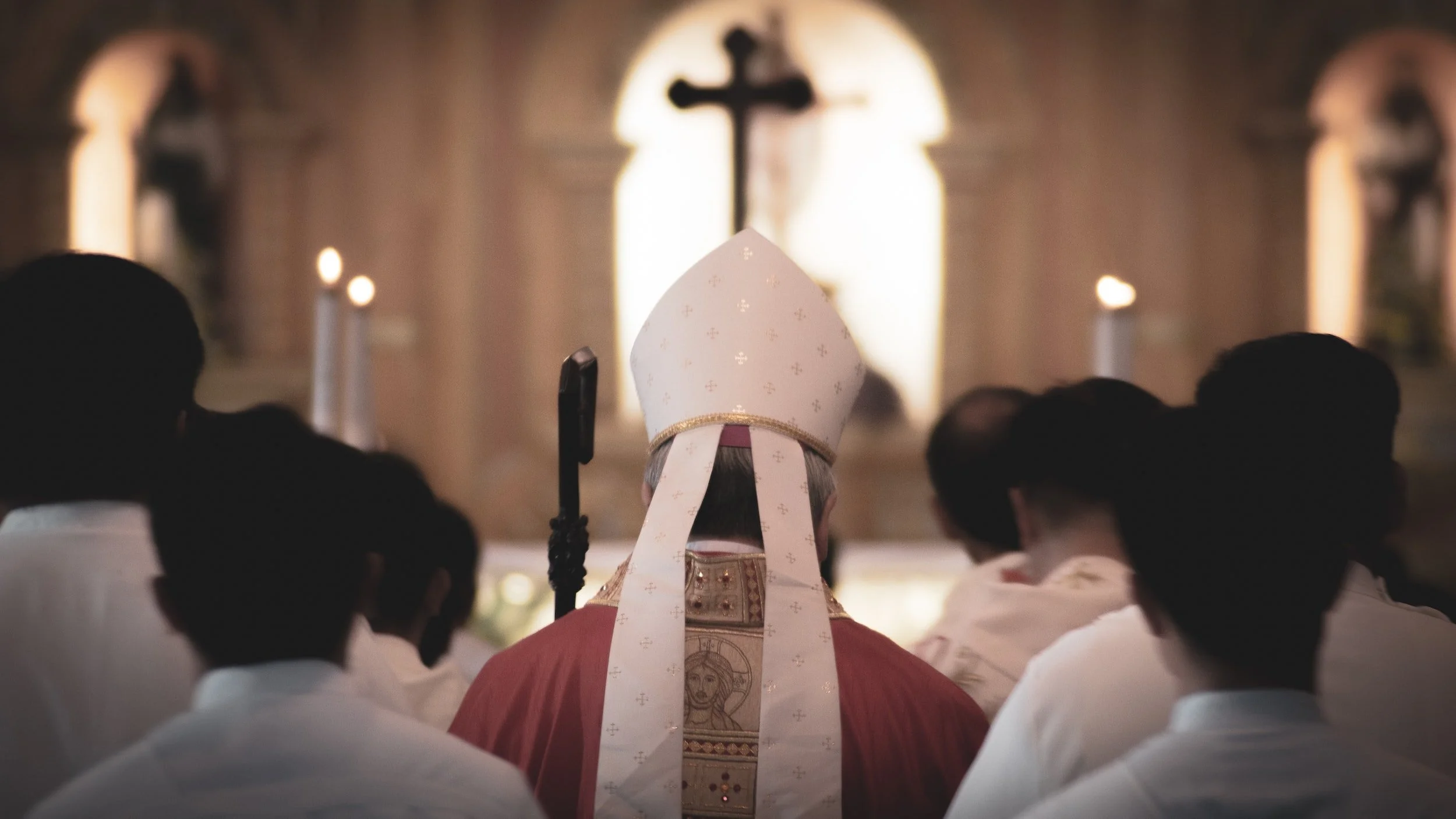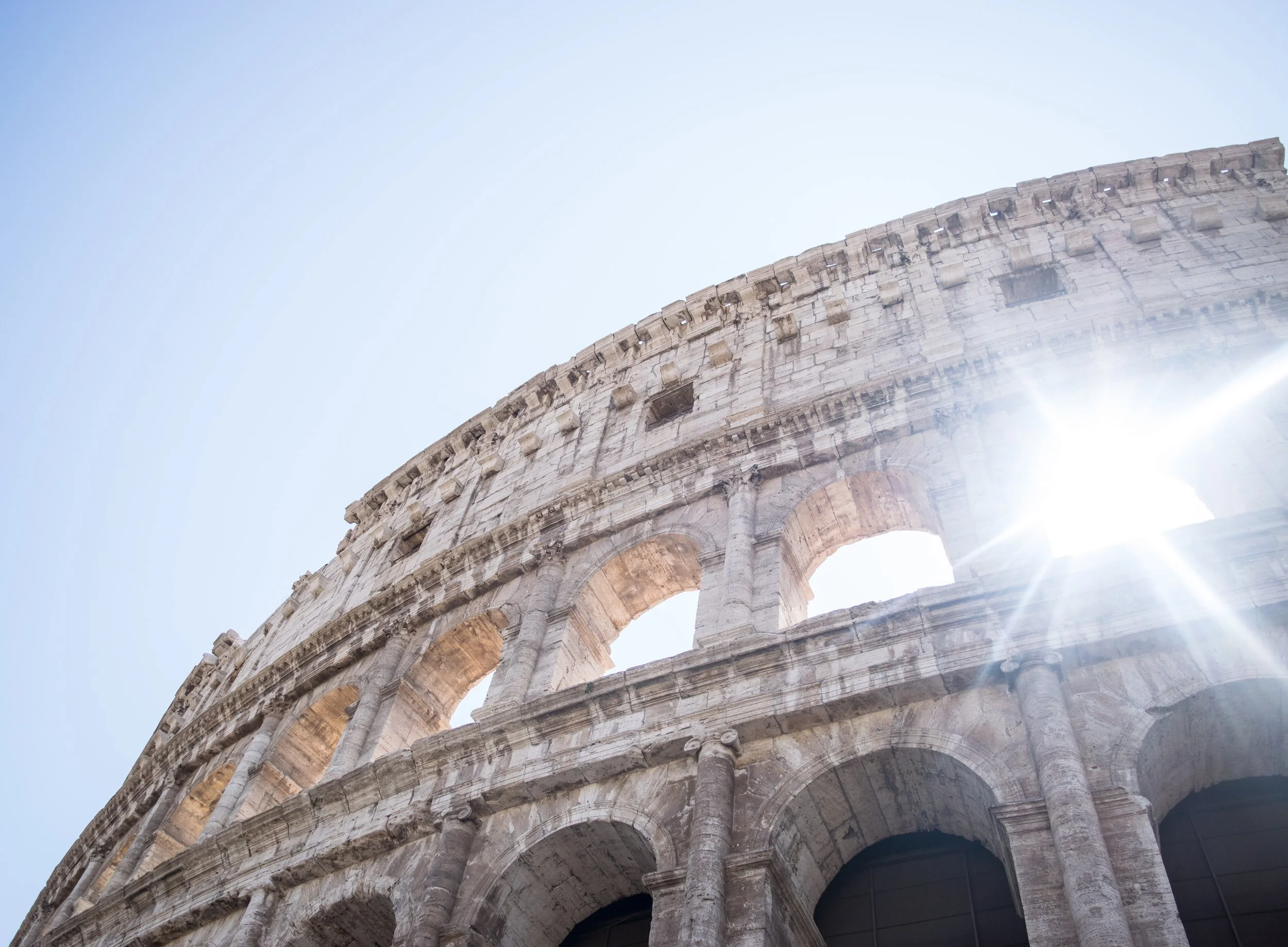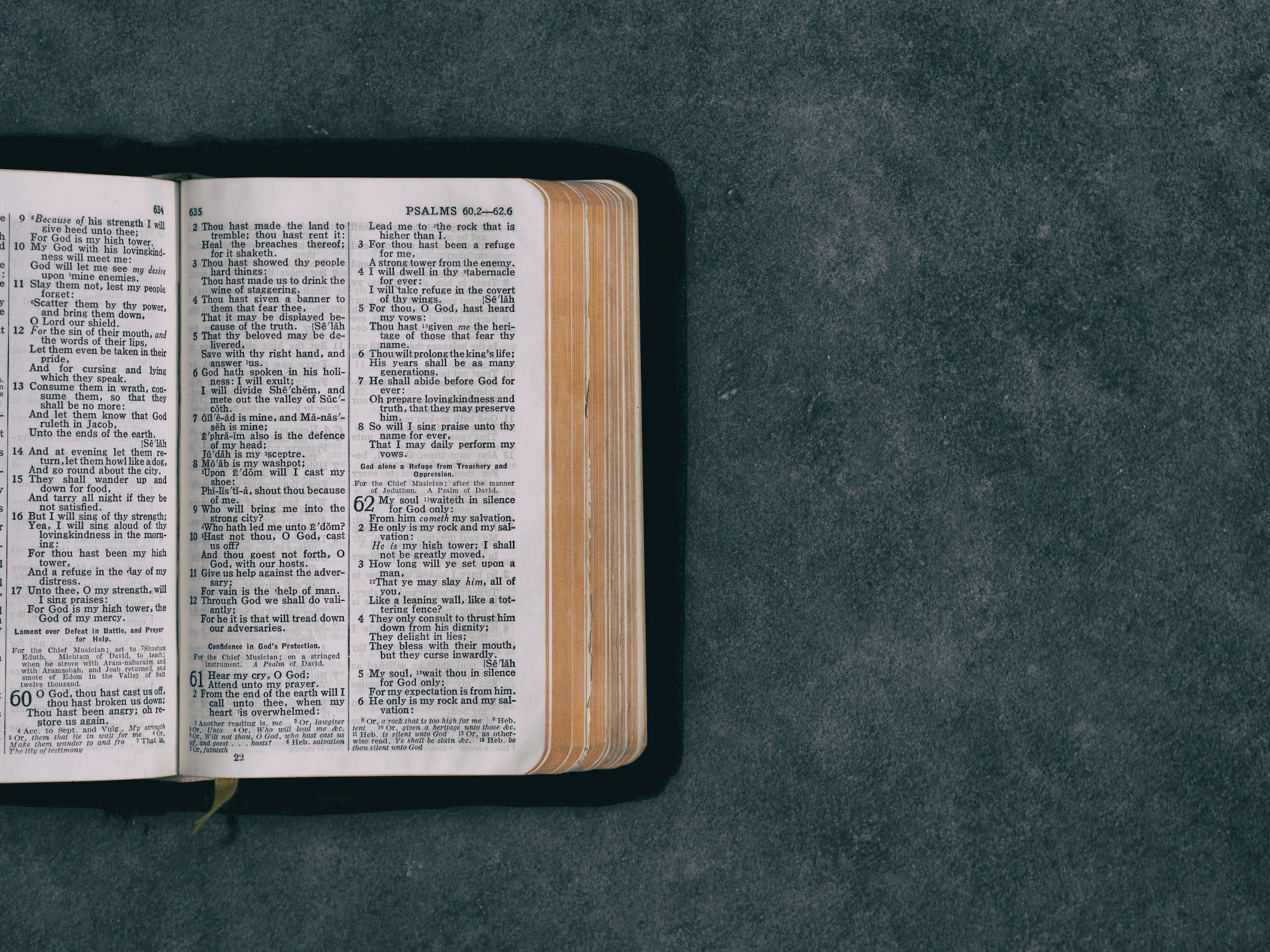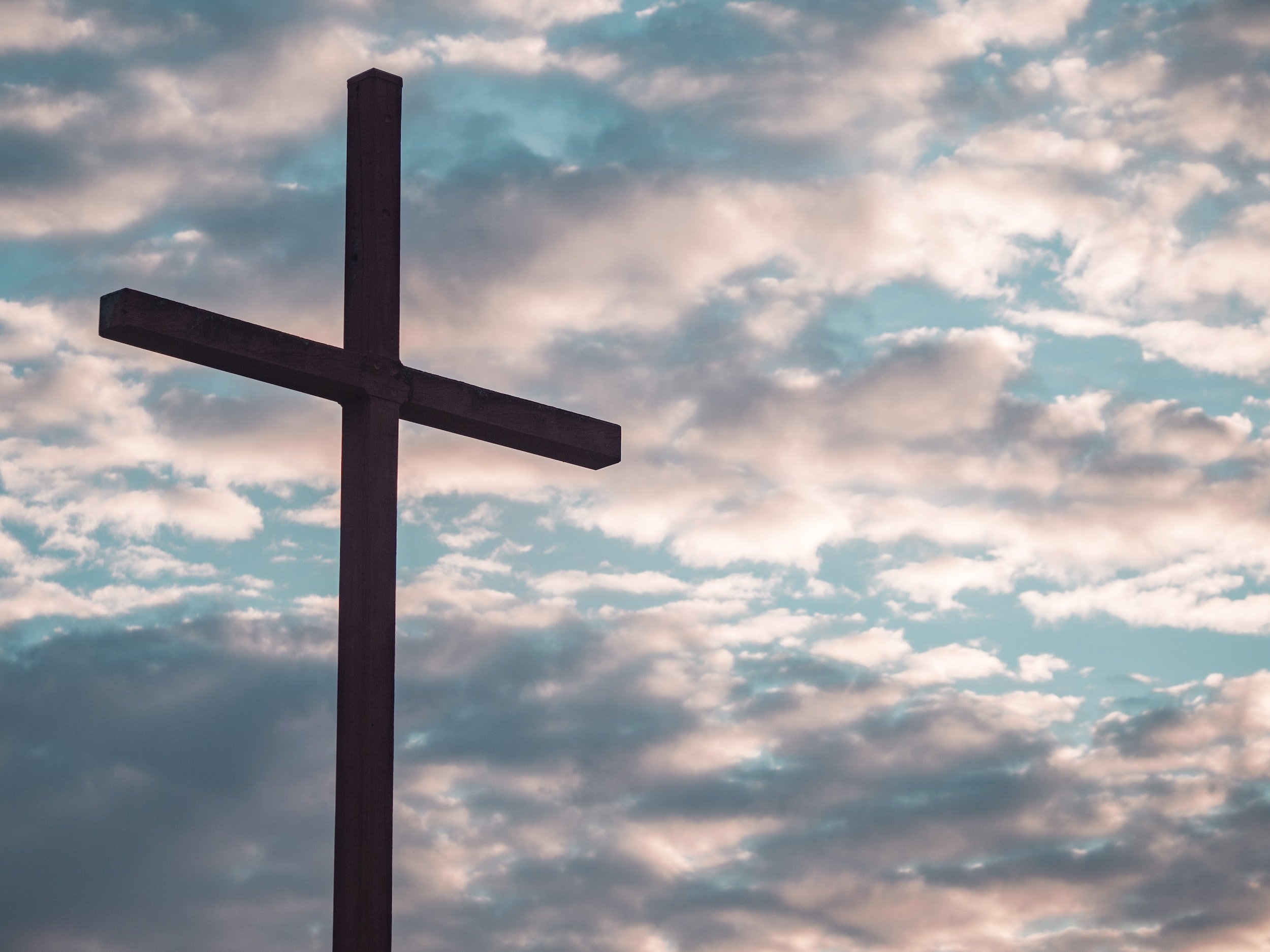
“You will know the Truth, and the truth will make you free.”
John 8:32
And the Battle Cry was Heard
By Makena Wisniewski
O little soul, know your worth. The Beloved is here! He cries to you, “I have come!” Listen. Listen carefully. Do you hear Him? This is the battle cry, the battle gladly fought for you.
In the Beginning: What Eve Reveals
By Magdalena Kyne
Woman’s beauty, mystery, and role as eser kenegdo all serve her fundamental vocation as mother and life-giver. She is relational to the core. From the beginning, when Eve was given the glorious title of “mother of all the living,” this has been her grace for the world.
Virginity and the Religious Life
By John Quejada
Even to modern Catholics, St. Paul seems to be degrading marriage, portraying it as merely a remedial arrangement for those who lack the willpower and temperance to embrace virginity. Without denying the true goodness and sanctity of marriage, St. Paul believes that virginity is a higher state.
Verbum Caro Factum Est: The Covenantal View of History
By Magdalena Kyne
While history looks to the past to learn about the present, covenantal history contextualizes the present in light of the Lord of History, a Savior who keeps his promises.
The Law of the Heart: Romans 2 and Men Without Chests
By Maximilian Schmiesing
This idea that the demands of the law are written on the hearts of man is central to C.S. Lewis’s essay, “Men Without Chests,” and by discerning his message we can come to a deeper understanding of Paul’s message in Romans 2.
The Philosophia Perennis and Theology: Edith Stein’s Christian Philosophy
By Alex Denley
Her insights demand from Catholic philosophers a recognition of their utter dependence on theology and the faith, but at the same time an ennobling and hopeful prospect of bringing about a synthesis unifying the whole of reason and revelation.
Marriage as a Covenant
By Makena Wisniewski
Both Paul and John Paul II understood marriage to be a reflection of God's union with the Church, but with respect to co-creation and co-redemption with God, John Paul II argued that the early Church Fathers did not give marriage enough praise.
The Saint Behind the Second Crusade
By Makena Wisniewski
Bernard of Clairvaux not only reformed the papacy and influenced the calling of the Second Crusade, but inspired all people of faith that the Catholic Church, in its superiority and right rule over the Holy Roman Empire, was worth fighting for.
The Cool of the Dawn: Chesterton and the Resurrection
By Magdalena Kyne
The rest of the poem covers the unfolding of Alfred’s understanding of this radical truth. He was granted a new way of seeing, and so was willing to be a fool for Christ, to be the person with their feet on earth and their eyes on heaven, and to lead with unshakable faith.
The Pale of Settlement: A Foreshadowing of the Jewish Ghettos
By Makena Wisniewski
With an influx of Jews in Russia, Russian diplomats scrambled to incorporate them into Russian life. However, the integration proved impossible, leading to the degradation of the Jews within Russian society, and thus, the Pale of Settlement that proceeded consequently.
The Superior as a Christ
By Josef Saunders
By the interchangeability of Christ and the Superior, the unifying figures of the monastery, we can divide their function in the Rule into three kinds of unities, those of Community, Formation, and Prayer, a similar division to Benedict’s own injunction to “teach, authorize, [and] command” (106). His actions made clear, it may be shown how the Abbot reflects his namesake and Christ.
Suffering: Stoicism v. christianity (Marcus Aurelius and the Apostolic Fathers)
By Magdalena Kyne
The place of pain and, at best, patient endurance becomes a place of encounter with Love itself, the Word far surpassing the words even of the great Marcus Aurelius.
Why I Am Not a Feminist
By Magdalena Kyne
I am not a feminist. I see no reason to define myself as such. I am a Catholic, and I do not need another name for the belief that men and women are equal.
Street Manners (Original Poem)
By Irene Tomasovic
Red light, yellow light
Every light
Is a blur
Then and Now (original Poem)
By Irene Tomasovic
I know God,
He is my father,
Where I can fall into His freeness,
Flee from the world in His fortress,
And be made fully alive in His faithfulness,
To See, Written to Jesus (Original Poem)
By Irene Tomasovic
they say the eyes are the window to the soul
they say that your eyes glow
they say I should know . . .
The Feminine Journey: Eve, Mary, and Galadriel
By Magdalena Kyne
Galadriel’s journey from rebellion in Valinor to rejection of the Ring embodies the feminine journey to holiness, going from Eve’s pride to Mary’s humility.
The Centrality of Scripture as seen in st. augustine’s confessions
By Makena Wisniewski
As the life of Saint Augustine showcased, the Word, the language of Love from which all others will derive, amplifies the intellect and heart not just for the redemption of this world, but for the embrace of the next.
The Feminist Republic: Plato’s Idea of Gender Equality
By Magdalena Kyne
Unless these two facts can be held with equal fervor, that man and woman are equal and that man and woman are different, society cannot approach either man or woman properly, nor would there be any reason to distinguish between the two.
The Irony of Identity in the Gospel of John
By Joseph Cherney
Understanding the literary context and themes that make up John’s Gospel as a whole, it becomes easier to focus in and pick out the pieces that John places in the Passion narrative relating to kingship and the divine plan of God as Christ is revealed to be more than simply a rabbi.











